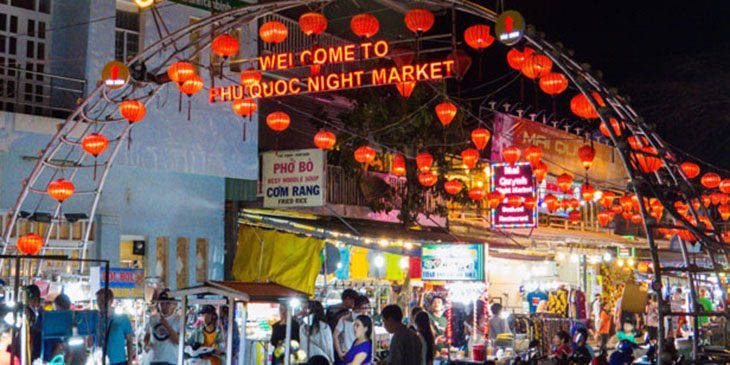Vietnam as a tourist destination is an increasing challenge for regional competitors

Vietnam is steadily rising as a repeat destination for international visitors, with positive developments in the country’s tourism sector and its improving international image placing it as a serious rival to regional tourism heavyweights.
A growing supply of international hotels; more diverse cultural, gourmet and luxury products; promotion of tertiary destinations; construction of new infrastructure; and the government’s proactive stance in prioritising inbound tourism are all contributing factors.
ICS Travel Group’s director of marketing, Scott Busch, pointed out the growing number of repeat visitors could be attributed to new flight routes and the relaxation of visa requirements. “We’ve seen our Vietnam business grow by over 30 per cent over the past few years, and expect this growth to continue,” he said.
Asia DMC has also noted an increase in the number of returning longhaul guests, specifically from Europe. Managing director, Linh Le, shared: “They have already visited the highlights of Vietnam, and want to delve into Vietnamese culture and off-the-beaten-track experiences.”
A survey carried out by Vietnam National Administration of Tourism at the end of 2017 found that almost 60 per cent of international arrivals were first-time visitors, a slight decrease from 67 per cent from a previous 2014 study.
Jeff Redl, managing director of Diethelm Vietnam, added that the government’s investment in the development of new tourist areas is paying off with the Western market, enabling the DMC “to offer off-the-beaten-track itineraries for repeat visitors”.
He noted a rise in longhaul visitors eschewing the classic north-to-south itinerary in favour of spending more time in the north in summer or combining the south with Cambodia during winter.
“They understand that visiting Vietnam should be considered horizontally, not vertically, and needs several visits at the right period of the year supported by the expertise of local tour operators,” Redl commented.
In addition, the Formula 1 Grand Prix taking place in Hanoi in April 2020 is expected to further fuel visitors’ appetite.
Kate Jones, Minor Hotels’ spokesperson for Vietnam, said: “This (upcoming event) puts Vietnam firmly in mind, and it will attract a different type of visitor, who comes for a specific reason at a specific time of year and is more likely travel to other parts of the country.”
Tour operators also believe the country is emerging as a top pick for travellers who tire of traditionally popular destinations such as Thailand, and are seeking less-explored places in the region.
Redl said: “(Based on feedback) from our worldwide partners, clients have already done several trips to Thailand and they’re looking for an alternative, and Vietnam is at the top of their list of potential destinations.”
Oleg Shafranov, general manager of Khiri Vietnam, added: “Vietnam is growing increasingly competitive versus Thailand as exciting domestic destinations emerge, and services and infrastructure continuously improve.”
Huge investment has also been ploughed into the southern island of Phu Quoc and the coastal city of Danang in central Vietnam. With careful management, stakeholders think these destinations have the potential to compete with the likes of Phuket and Bali in the future.
However, Asia DMC’s Le stressed that care needs to be taken to ensure that development is sustainable and responsible tourism advocated, in order to avoid the pitfalls of mass tourism that plagues parts of Phuket and Bali.
Said Le: “Vietnam’s beach destinations can learn from past mistakes (of others) to develop tourism in a sustainable manner that is good for all, including commercial operators, local businesses and people, and the environment.”
source: TTG Asia




